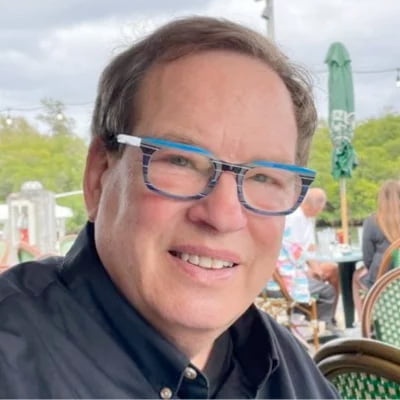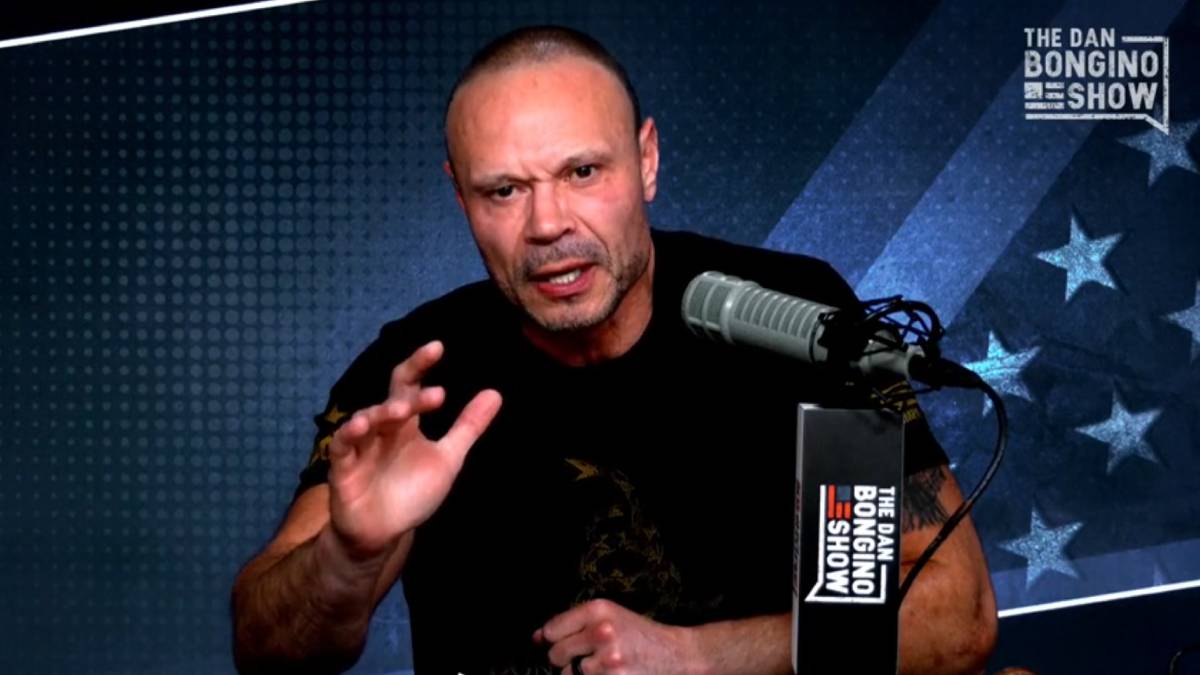It’s been a continuing theme for the past several years that colleges and universities are no longer interested in maintaining radio stations. Even schools with communications and journalism programs have jettisoned their FM radio stations, mostly selling them to religious station operators airing national or regional programming.
College radio is, in many markets, dead. We’ve discussed this before, in the context of listening to one of the remaining student-run stations and noting how the number of such stations is dwindling.
That’s why what’s happening at Columbia University is remarkable, and an argument for colleges to reconsider whether the expense of operating a radio station – FM or streaming — might just be worth it.
In case you haven’t been following the protests in progress and what’s been going on at the Columbia campus, you might have missed that the university’s FM radio station, WKCR, has been covering the protests, encampments, building occupations, and police raids since April 17th. Student staff, some of whom have spent a significant amount of time trapped at the station on campus, are covering what’s become international news like no other news organization.
The station has been live on the scene of protests and arrests. And while professional news organizations are covering the same events from a distance, held off by barricades and repeating the administration and police’s positions (as well as outside agitators beyond the campus boundaries), the WKCR crew has been in the thick of things, with student reporters calling in from all over campus. (That station has also, throughout the chaos, maintained its block music programming as well, which is a tough tightrope act, given the circumstances.)
Play-by-play coverage would not exist if Columbia had sold off the 89.9 FM facility and not maintained a news staff. They kept their operation going, and because of that, we have a source of coverage that has proven critical. (Podcasts, of course, wouldn’t be as effective because they aren’t live; by the time a podcast publishes, the news cycle may have already moved on.)
There are other schools who have resisted the quick cash of selling off their FM stations. Few of the student-run FM stations have the kind of news operations that Columbia – home of the Pulitzer Prize and Columbia Journalism School, though neither is directly connected to the radio station – has maintained.
But news is only one benefit of having an active radio station, even in an age when students aren’t as attracted to doing radio as their predecessors. Student-run college radio teaches communications skills. It can open a window to campus events. It can offer new music discovery. And when things are, figuratively or literally, on fire, they can be on the scene to report it (and, while they’re at it, taking video for social media).
Meanwhile, there are protests on other campuses, but most of them don’t have radio stations equipped to report on them from the student perspective. We need that, and it’s something we lost back when students lost interest in doing radio and administrations decided to take that call from EMF and cash in.
Maybe what WKCR is doing will inspire others to get involved; maybe it’ll take commercial radio interests to underwrite college radio journalism programs, or major noncommercial stations to establish on-campus bureaus staffed by student reporters. And maybe it’ll be streamed instead of on FM, but that doesn’t matter when college students don’t own radios and stream everything on their phones anyway.
Yes, colleges can make money – once – selling their radio stations. The bigger picture isn’t necessarily the programming they’ll lose when they do that, it’s what could be. College radio could be – should be – an incubator for journalists even more than for radio personalities. And we need journalists, no matter what certain political actors might have you believe.

Perry Michael Simon is a weekly news media columnist for Barrett Media. He previously served as VP and Editor/News-Talk-Sports/Podcast for AllAccess.com. Prior to joining the industry trade publication, Perry spent years in radio working as a Program Director and Operations Manager for KLSX and KLYY in Los Angeles and New Jersey 101.5 in Trenton. He can be found on X (formerly Twitter) @PMSimon.









